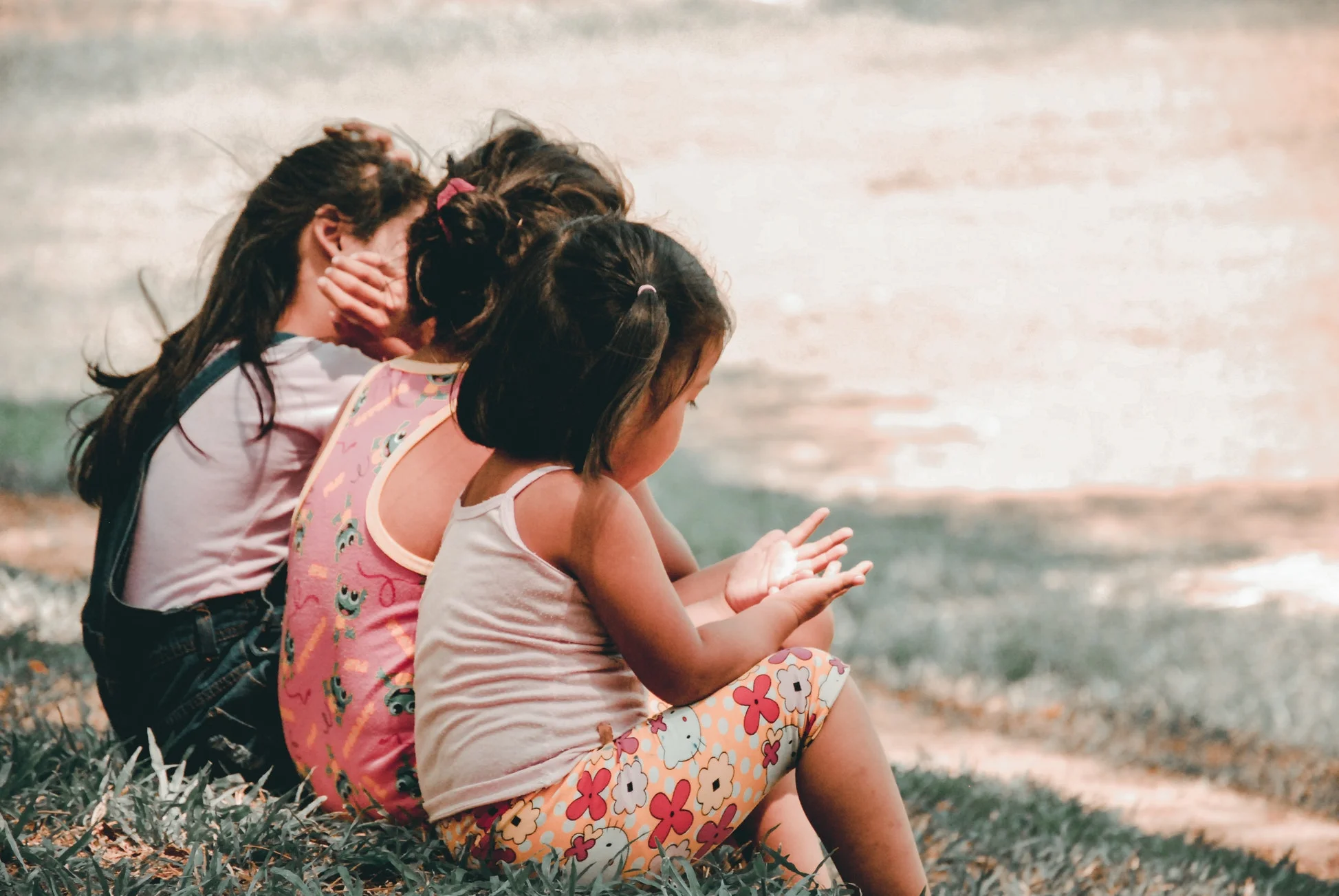I sat on the plane en route to Mexico City, mourning all the things I hadn't checked off of my to-do list. My four years of high school Spanish had yet to resurface, and I had only made it to “Él es un muchacho. Él bebé leche” on DuoLingo. My list of “Things to Eat” only had one all-inclusive bullet point: tacos. I hadn’t begun Sandra Cisneros’ Woman Hollering Creek—a book I have owned since college, purchased for some class, and never opened because, let’s be honest, in the deluge of assigned reading, SparkNotes became my dear friend--like the one with all the extra meal plan points at the end of the semester.
But what I mourned the most about preparing for Mexico City was that I hadn’t read about any of its history. I hadn’t taken the time to learn its story.
The nature of history is that we forget it, move past it. We especially want to forget the painful parts. We tell people we’re sorry to be a “downer” when those pieces spark fresh emotion We say we shouldn’t let history define us, because it feels easier to move on if we have a blank slate.
But none of us are blank slates. We are stained, cracked, and scribbled on. And the beauty of redemption is that God takes us just as we are and uses those marks to make something far better than a fresh start.
A memory I had long forgotten recently resurfaced in vivid detail. My parents owned a printing shop, with huge windows in the storefront. I wasn’t often allowed to have play dates, but when I did, it was a huge deal. And on one of those rare days where we had cajoled all parental parties into letting my friend come to play at the shop, there was a thunderstorm.
I remember staring at the dark sky, watching the clouds roll in and the lightning flash. With a sinking feeling, I watched out of those big, glass windows and told myself that my friend wasn’t going to come. I sat preparing myself for what I felt was inevitable.
“Why did you think that?” my counselor asked when I told her about the moment.
“I don’t know,” I replied. “Besides the storm, I didn’t have any reason to think that. I just didn’t want to be disappointed when she didn’t show up… If she didn’t want to actually hang out with me.”
“Before that, had you had experiences of people not showing up or changing their mind?”
“Yes,” I said, and recounted various moments to her, a friend breaking a promise, a reluctant invite to a birthday party, lunches spent eating alone—small pricks in a finger, but to a child, establishing a pattern and an expectation. One that became further solidified as I grew older.
“Ah, so you did have reason to believe she wouldn’t show up. There was history. That’s significant.”
And it struck me that this piece of history, long forgotten, somehow shapes the way I see the world today. It framed my expectations of people in fear—an expectation that they would bail as soon as they got the chance.
It lived in my subconscious, and until I acknowledged it, I couldn’t see how God was working to rewrite it. I let it write the ending for me.
History gives us understanding, so that we can learn from and not repeat its mistakes. One of the reasons I’m not ashamed to tell people about how helpful counseling has been is because I’ve seen the power of not letting history unnecessarily dictate the future. The more we run from the past, the more it controls us and we are inevitably doomed to repeat it.
There is a reason God chooses to include so much mess in the Bible. You have people’s mistakes. You have the things that looked like discarded Plan A’s. You have the twists and turns of everything not turning out the way you would have written them. Because it is all part of the story. And God delights in turning the hardest parts into the richest parts.
My friend recently told me about an incident that happened before I met her, involving a guy who had had a little too much to drink and friends who wouldn’t take her side. “That’s why I don’t want to date. I don’t think I can feel safe.” It made me love her all the more, to know this piece of history, to see what she has had to walk through. To see her fighting, still, this history that has been written for her in order find a thread of redemption.
The power of history is that it makes the story richer. We feel shame at the parts in the story we would have written differently. We fear we will be judged or defined by it. We want unblemished. We want a straight line. We want progress. We do not want to be judged for our mistakes. We fear we will never live up to our triumphs.
How much more beautiful is the present when we see all the moments that have been lived, experienced, even survived, to get here. When I learn about history, I understand a fuller picture of who a person is, where they have come from, what has led up to this point.
For every person we meet, there is a history we do not know. For every place our feet land upon, there is a history we do not know. And yet, to know that there is so much I do not know keeps me humble. It plants me in a bigger story, one that I cannot know all the elements of, one where I am still learning about the characters—including myself.
The small child sitting and watching the thunderstorm had no idea that she would go on to make some of the greatest friends or experience moments of healing when people kept showing up when they didn’t have to. Remembering that piece of history gives me hope that my pessimistic mind cannot predict the next chapter of the story. It puts the pen back into the hand of God.
I want to know the history. I want to know the story. I want to see the hand of God writing redemption into the brokenness of this life.
We become masters of small talk, so good at filling silences while the gaps of our knowledge about someone remain glaringly large. "Curiosity is love," I told someone recently. Curiosity is what stops us from assuming we know everything about our neighbor, from making assumptions about others, from seeing statistics and stereotypes where there is story and soul.
And remember, wherever you go and whoever you meet, for better or for worse, you are a part of shaping someone’s history today.
Some questions to cultivate curiosity with your friends:
What have been some defining moments in your life?
What is an accomplishment or possession or characteristic you feel proud of?
Where have you lived so far, and how have those places shaped how you see the world?
What do you remember your family talking about when you were little?
What lessons have you learned from your parents?
What were friendships like for you when you were younger?
What have been some of the defining relationships of your life?

